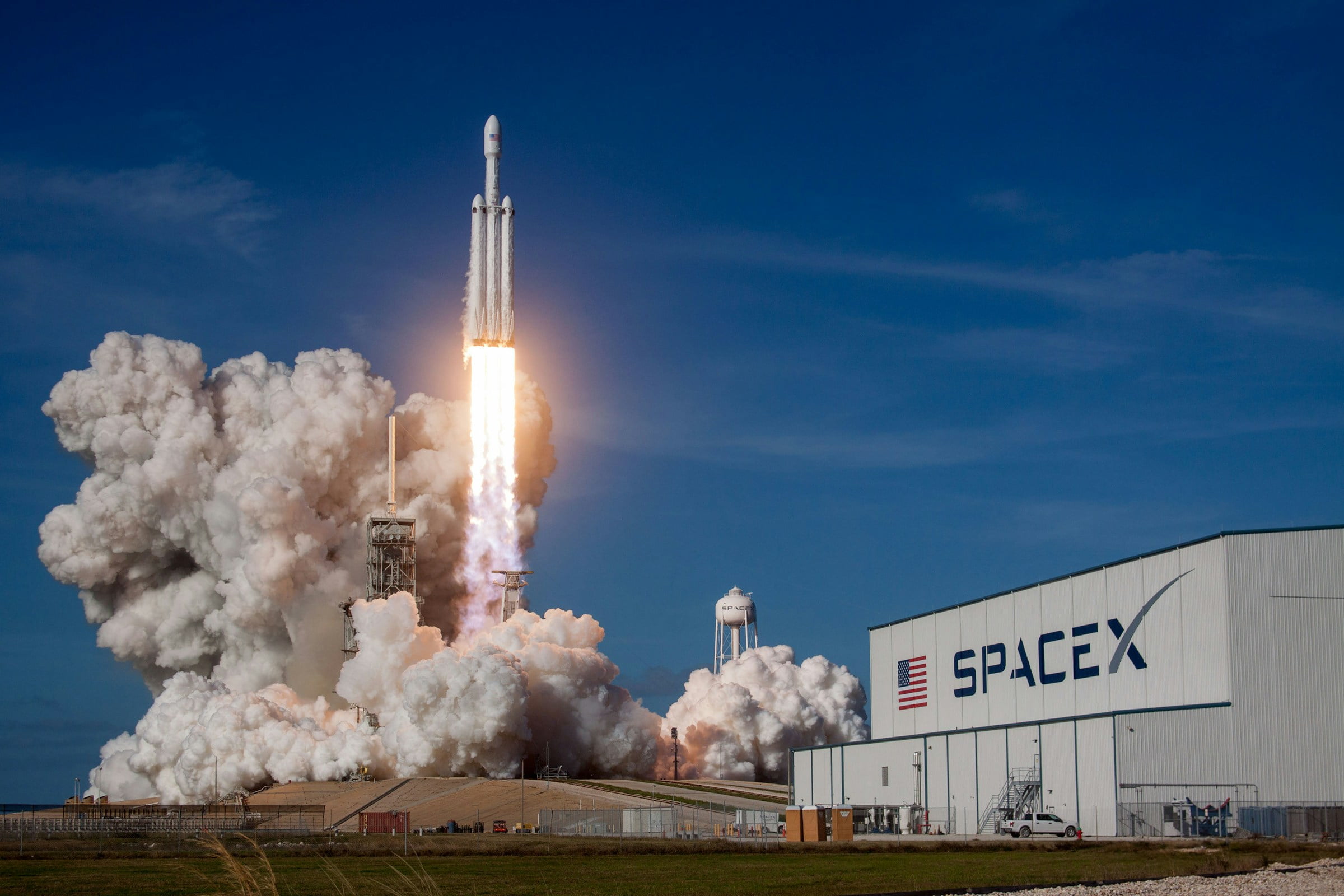
(Credit: Acton Water District)
The Acton Water District in Massachusetts is planning to install an additional 1.5 megawatt solar and 2 megawatt-hour battery storage project, which will directly supply its microfiltration treatment plant.
The Knox Solar + Storage project is the second solar installation for the Acton Water District. The first is the 4.7 MW solar energy and 4 MWh storage system called the Lawsbrook Project, and both were developed by EDF Renewables. Standard Solar, which acquired the Knox project from EDF Renewables, will be the long-term owner of the clean energy installations.
The microfiltration plant is the water district’s largest electrical load and Acton Water says the project will allow it to gain discounted clean energy and lease revenues from the solar and storage system. The energy project is expected to generate nearly 1.9 gigawatt hours of energy each year.
According to the EPA water and wastewater plants are typically the largest energy consumers for municipal governments, accounting for 30% to 40% of their total energy consumption. Overall, water systems account for 2% of the total energy use in the United States. The EPA estimates municipalities and utilities can cut their energy consumption by 15% to 30% by implementing clean energy sources at their water facilities.
“Producing clean water is energy intensive and the ability to utilize clean energy is immensely beneficial,” said Matthew Mostoller, district manager at Acton Water District.
The Knox project is part of Standard Solar’s growing renewable energy capacity in Massachusetts and the United States. The company owns and operates nearly 20 MW in the state and has 300 MW of commercial and community solar projects across the US, including other water facilities such as a 1.3 MW project in Maryland.
The Massachusetts project will also help the state with its clean energy goals as the state strives to achieve net zero by 2050, according to Acton Water District. The district said the project will offset the carbon dioxide emissions equivalent of burning more than 700 tons of coal in one year.










